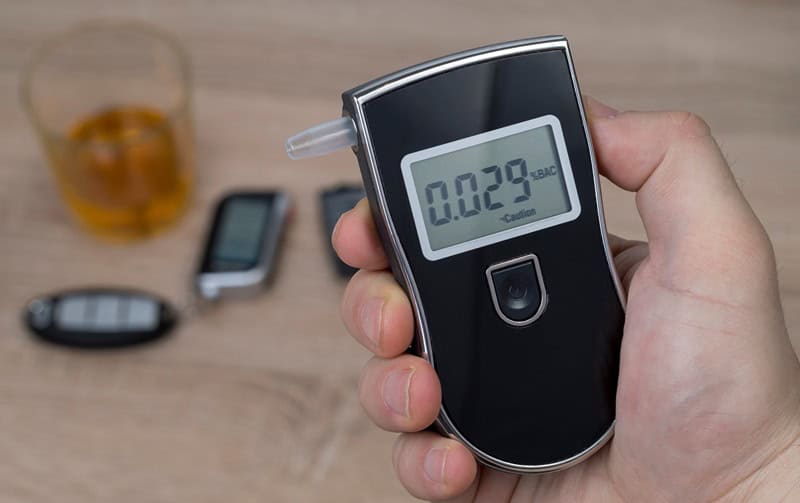
Feature Article: Understanding Rising Blood Alcohol as a DUI Defense Strategy
The Delayed Rise of Blood Alcohol
Driving under the influence (DUI) is a serious crime that can result in hefty fines, probation, and even prison time. To be convicted of a DUI offense, the prosecution must prove that the defendant had a Blood Alcohol Concentration (BAC) above the legal limit while they were operating a motor vehicle. However, what if the BAC taken at the time of testing was not an accurate reflection of the level of alcohol in the defendant's bloodstream while they were driving? This is where the concept of rising blood alcohol comes into play.
Rising blood alcohol refers to the delay between the time alcohol is consumed and when it reaches its peak concentration in the bloodstream. It takes time for alcohol to be absorbed through the gastrointestinal tract and enter the bloodstream. Therefore, if a person is tested for their BAC shortly after drinking, their alcohol level may still be rising, resulting in a higher BAC reading than when they were driving. This is the crux of the defense strategy of rising blood alcohol.
The Biological Factors
Several biological factors influence the rate of alcohol absorption and the time it takes for alcohol to reach its peak concentration in the bloodstream. Some of these factors include:
Body Weight and Size
Alcohol absorption is influenced by a person's body weight and size. Generally, larger individuals have a higher volume of blood, which means that the alcohol will be diluted, resulting in slower absorption and slower rise of blood alcohol levels.
Gender
Women tend to have a higher percentage of body fat and less body water, which means that alcohol is less diluted and absorbed at a faster rate. This means that women tend to have higher blood alcohol concentration levels than men when consuming the same amount of alcohol.
Food and Water Intake
Food and water intake can also affect alcohol absorption. Consuming food before drinking can slow down the rate of absorption by slowing down the emptying of the stomach. Similarly, drinking water while consuming alcohol can also help dilute the alcohol and slow down its absorption rate.
Time Between Drinks
The time between drinks is another important factor that affects the rate of alcohol absorption. Drinking alcohol quickly and in large amounts can result in a rapid rise in blood alcohol levels. Conversely, drinking alcohol slowly and with long intervals between drinks can result in slower absorption and a slower rise in blood alcohol levels.
Rate of Metabolism
The rate of metabolism also plays a role in alcohol absorption and the rate at which alcohol is eliminated from the body. Metabolism varies from person to person and is influenced by factors such as age, gender, liver function, and genetics.
Alcohol Content of Drinks
The alcohol content of drinks also affects the rate of absorption. Drinks with a higher alcohol content, such as hard liquors, are absorbed faster and result in a more rapid rise of blood alcohol levels.
Legal Implications
The concept of rising blood alcohol has important legal implications, as it can be used as a defense strategy in DUI cases. If a person's BAC test was taken shortly after they were pulled over, their BAC levels may still be rising, resulting in a higher reading at the time of the test.
This defense strategy relies on proving that the defendant's rising blood alcohol levels put them under the legal limit while driving, making it impossible for them to have been under the influence at the time of driving. This defense can be challenging to argue, as it requires expert testimony, medical evidence, and other forms of evidence to establish the defendant's state of intoxication at the time they were driving.
The Importance of Legal Counsel
If you or someone you know has been arrested for a DUI, it is essential to seek the advice of a knowledgeable and experienced DUI defense attorney. The attorneys at Arja Shah Law Firm have extensive experience representing clients facing DUI charges, including cases that involve rising blood alcohol as a defense.
Conclusion
Rising blood alcohol is a critical concept to understand in DUI cases. By understanding the biological factors that affect alcohol absorption and the legal implications of rising blood alcohol, defendants and their legal counselors can craft an effective defense strategy to fight DUI charges.
Rising Blood Alcohol-DUI, Rising


Social Plugin